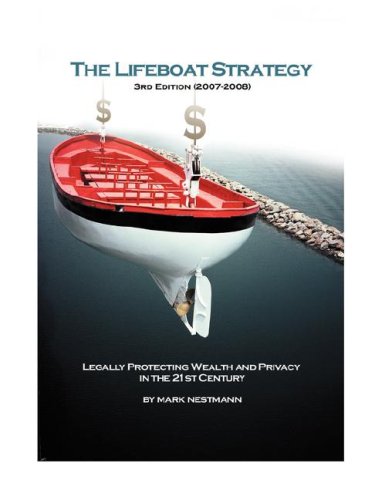This Could Be a Cure to Online Censorship
April 3, 2019
The war on free speech is heating up. Since I last wrote about this topic in February, mainstream social media portals have been falling over themselves to remove controversial – mainly but not exclusively right-wing – content.
In March, Facebook blocked all content from ZeroHedge.com. It later reversed the move, but in the meantime, the social media giant announced a new policy to remove what it calls “white nationalist” content. That move was a response to the gunman who murdered 50 people at two mosques in New Zealand and live-streamed the events on Facebook.
YouTube has introduced a new policy of disabling comments on videos featuring minors. It also deleted millions of existing comments. And after an avalanche of negative reviews about the new Captain Marvel movie, Rotten Tomatoes announced that it would prohibit comments prior to a movie’s release.
Pushback against these new policies was inevitable. And now, a new platform that allows users to make comments on any web page — even those with no comments function — has emerged. It’s called Dissenter, and it can be used to add a comments layer to any web page. Dissenter hosts the comments, which refer to individual web postings.
 The Lifeboat Strategy
Best Price: $45.58
Buy New $145.95
(as of 09:40 UTC - Details)
The Lifeboat Strategy
Best Price: $45.58
Buy New $145.95
(as of 09:40 UTC - Details)
Users can post and view comments by installing a browser extension, or they can interact with user comments on the Dissenter website.
Thus, every article, video, tweet, or other web posting is now open to discussion and critique. In its first week of existence, 38,000 users posted more than 125,000 comments.
Dissenter says its mission is to “extend American civil liberties protections for political speech to every corner of the planet and to allow people to express themselves on any subject, at any time, on any URL.”
This includes anyone who’s been banned from Facebook, Twitter, or another platform.
I checked out Dissenter, and from what I can see the comments are almost exclusively from the hard right. The comments also feature lots of what could be construed as hate speech.
Dissenter was built by Gab.com, the company that powers the Gab social network. Gab is billed as an alternative to Facebook and other social networks that censor free speech. It’s dominated by right-wing conservatives.
Although there’s nothing to stop liberals and libertarians from posting on Dissenter or Gab, I suspect they’d be shouted down by conservative voices. That said, these groups can create their own version of Dissenter to add a liberal or libertarian perspective to any web page they choose.
And they might want to do just that.
In March, Twitter suspended the account of British left-wing activist Rachael Cousins (aka Rachael Swindon). That follows Facebook’s decision last October to remove hundreds of pages of left-wing, libertarian, and anti-war media outlets. Four of the more prominent organizations affected are Cop Block, the Free Thought Project, the Anti-Media, and Press for Truth.
I’ve long believed that the real reason multinational giants like Facebook and Twitter have banned voices across the political spectrum has nothing to do with alleged hate speech or other unacceptable content. It’s because the people who run these companies support (or have been manipulated to support) the status quo.
For instance, if enough people start reading alternative media sources that advocate anti-establishment viewpoints, they might vote for candidates who take anti-establishment positions. That would mean the election of politicians who are skeptical about bailing out big banks or who are opposed to sending American troops to fight in hellholes like Syria or Iraq. And that could lead to lower profits for megabanks and defense contractors, two of the most influential types of organizations in American politics.
 Against the State: An ...
Best Price: $5.02
Buy New $5.52
(as of 11:35 UTC - Details)
Against the State: An ...
Best Price: $5.02
Buy New $5.52
(as of 11:35 UTC - Details)
I’d like to think we’re starting to reinvigorate the First Amendment principle that free speech really means, well, … free speech. If you disagree with what someone’s posting, no one is forcing you to read or watch it. And if you want to comment, tools like Dissenter will undoubtedly proliferate to allow you to do it.
The problem is that tools like Dissenter don’t promote real engagement. Those who use it communicate in their own universe where they reinforce each other’s viewpoints. The people who browse the web page on which Dissenter users are commenting see those comments only if they’re also a Dissenter user.
If we’re to solve the myriad problems faced by the US – starting with an out-of-control national debt – we need to start talking to one another, not past each other. I, for one, look forward to the day someone builds a platform that facilitates this kind of conversation.
Reprinted with permission from Nestmann.com.
Copyright © 2019 The Nestmann Group

